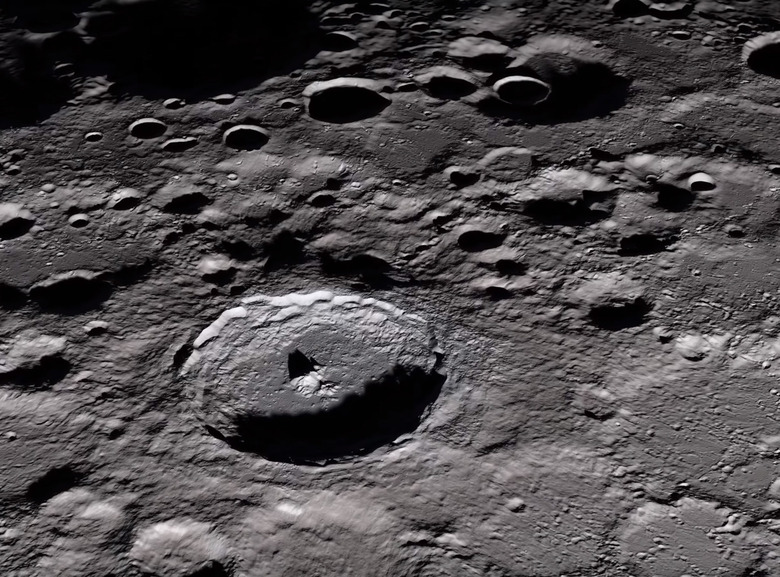We Just Learned Something About The Moon That's Pretty Hard To Believe
- The effect that the Moon has on humans has long been debated, but new research suggests that it definitely affects our sleep.
- A new study published in Science Advances suggests that the phase of the Moon has a real, measurable effect on the amount of sleep we get, and when we feel tired.
- Participants in the study wore sleep trackers and their habits were tracked for as long as two months.
It's often been said that a full moon makes people act differently than they might on any other night during a different phase of the Moon. Ancient civilizations would often place great significance on Moon phases and some believed that certain things only happened during specific moon phases, like a full moon. Now, science is offering some serious backing to these theories.
In a new study published in Science Advances, researchers had volunteers from Argentina's indigenous communities wear sleep trackers for up to two months in order to track their sleep habits. Roughly 100 people from the region participated in the study. The data was also compared to sleep data gathered from over 450 residents of Seattle, and the similarities were incredible.
The study attempted to determine the differences in sleep patterns based on moonlight, and since the full moon and days leading up to it are the brightest nights, it makes sense that the indigenous people (some of whom had no or limited access to electricity) stayed up later on nights with a bright moon and slept almost an hour less than other nights of the month.
This finding, on its own, would be fairly interesting if only for the fact that it offers us a glimpse at how our pre-industrial ancestors may have behaved due to the different phases of the Moon. However, the study takes an even more stunning turn when the data from Seattle was included. As it turns out, city dwellers, despite having access to artificial light in so many forms, also exhibited different sleeping patterns based on the lunar phase.
"The fact that this modulation was present even in communities with full access to electric light suggests that these effects are mediated by something other than moonlight itself," Leandro Casiraghi, lead author of the research, told CNN.
But how could the Moon be affecting people if light isn't the only factor? That part remains unclear, but researchers have their theories. One such theory is that humans have internal clocks that regular more than just the 24-hour day and sleep/wake cycles. Many animals have instinctual responses to times of the year, even if seasonal changes don't bring with them dramatic changes in the weather. It's possible that humans have long had a similar adaptation, and that staying up late when the moon is bright is burned into our DNA. Of course, that's just a theory.
